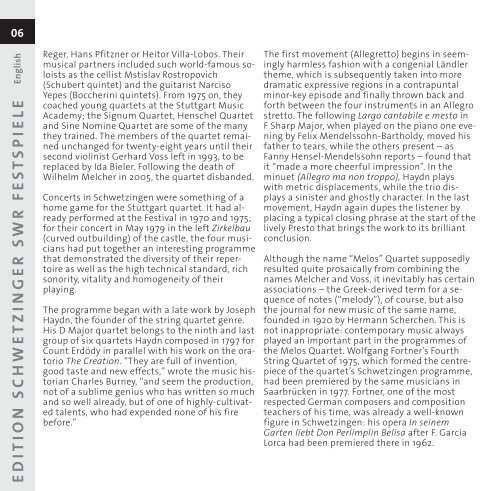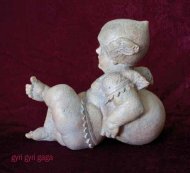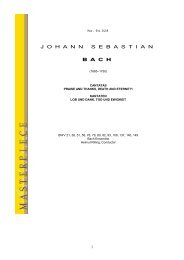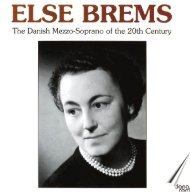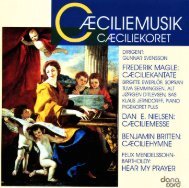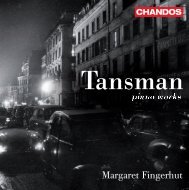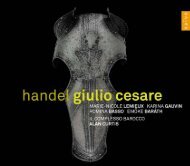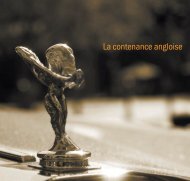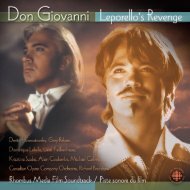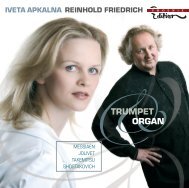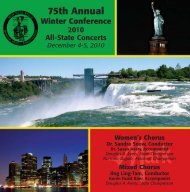Melos Quartett - Naxos Music Library
Melos Quartett - Naxos Music Library
Melos Quartett - Naxos Music Library
Sie wollen auch ein ePaper? Erhöhen Sie die Reichweite Ihrer Titel.
YUMPU macht aus Druck-PDFs automatisch weboptimierte ePaper, die Google liebt.
06<br />
English<br />
edition schwetzinger swr festspiele<br />
Reger, Hans Pfitzner or Heitor Villa-Lobos. Their<br />
musical partners included such world-famous soloists<br />
as the cellist Mstislav Rostropovich<br />
(Schubert quintet) and the guitarist Narciso<br />
yepes (Boccherini quintets). From 1975 on, they<br />
coached young quartets at the Stuttgart <strong>Music</strong><br />
Academy; the Signum Quartet, Henschel Quartet<br />
and Sine Nomine Quartet are some of the many<br />
they trained. The members of the quartet remained<br />
unchanged for twenty-eight years until their<br />
second violinist Gerhard Voss left in 1993, to be<br />
replaced by Ida Bieler. Following the death of<br />
Wilhelm Melcher in 2005, the quartet disbanded.<br />
Concerts in Schwetzingen were something of a<br />
home game for the Stuttgart quartet. It had already<br />
performed at the Festival in 1970 and 1975;<br />
for their concert in May 1979 in the left Zirkelbau<br />
(curved outbuilding) of the castle, the four musicians<br />
had put together an interesting programme<br />
that demonstrated the diversity of their repertoire<br />
as well as the high technical standard, rich<br />
sonority, vitality and homogeneity of their<br />
playing.<br />
The programme began with a late work by Joseph<br />
Haydn, the founder of the string quartet genre.<br />
His D Major quartet belongs to the ninth and last<br />
group of six quartets Haydn composed in 1797 for<br />
Count Erdödy in parallel with his work on the oratorio<br />
The Creation. “They are full of invention,<br />
good taste and new effects,” wrote the music historian<br />
Charles Burney, “and seem the production,<br />
not of a sublime genius who has written so much<br />
and so well already, but of one of highly-cultivated<br />
talents, who had expended none of his fire<br />
before.”<br />
The first movement (Allegretto) begins in seemingly<br />
harmless fashion with a congenial Ländler<br />
theme, which is subsequently taken into more<br />
dramatic expressive regions in a contrapuntal<br />
minor-key episode and finally thrown back and<br />
forth between the four instruments in an Allegro<br />
stretto. The following Largo cantabile e mesto in<br />
F Sharp Major, when played on the piano one evening<br />
by Felix Mendelssohn-Bartholdy, moved his<br />
father to tears, while the others present – as<br />
Fanny Hensel-Mendelssohn reports – found that<br />
it “made a more cheerful impression”. In the<br />
minuet (Allegro ma non troppo), Haydn plays<br />
with metric displacements, while the trio displays<br />
a sinister and ghostly character. In the last<br />
movement, Haydn again dupes the listener by<br />
placing a typical closing phrase at the start of the<br />
lively Presto that brings the work to its brilliant<br />
conclusion.<br />
Although the name “<strong>Melos</strong>” Quartet supposedly<br />
resulted quite prosaically from combining the<br />
names Melcher and Voss, it inevitably has certain<br />
associations – the Greek-derived term for a sequence<br />
of notes (“melody”), of course, but also<br />
the journal for new music of the same name,<br />
founded in 1920 by Hermann Scherchen. This is<br />
not inappropriate: contemporary music always<br />
played an important part in the programmes of<br />
the <strong>Melos</strong> Quartet. Wolfgang Fortner’s Fourth<br />
String Quartet of 1975, which formed the centrepiece<br />
of the quartet’s Schwetzingen programme,<br />
had been premiered by the same musicians in<br />
Saarbrücken in 1977. Fortner, one of the most<br />
respected German composers and composition<br />
teachers of his time, was already a well-known<br />
figure in Schwetzingen: his opera In seinem<br />
Garten liebt Don Perlimplin Belisa after F. Garcia<br />
Lorca had been premiered there in 1962.


